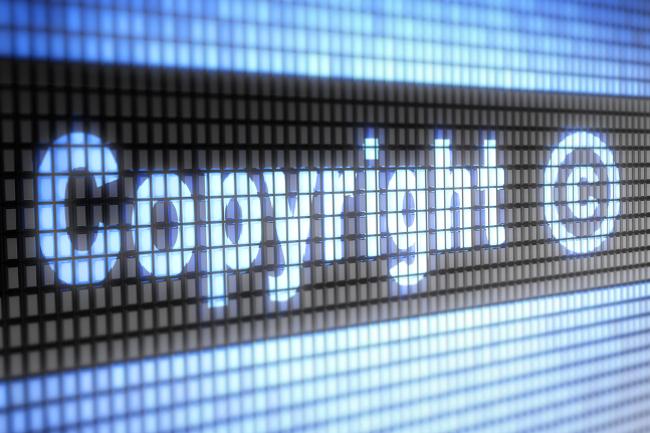
The country’s top ISPs have won a mass piracy lawsuit that may weaken the future claims of copyright trolls all over the country. A coalition of broadband providers made up of Verizon, Comcast, AT&T, Cox Communications and Bright House Networks gained a victory on appeal against a studio that sought to obtain the identities of Internet users that allegedly downloaded a pornographic film through BitTorrent.
In his decision, Judge David Tatel mentioned the infamous reputation of porn studio AF Holdings’ counsel, Prenda Law, which was once described by California district court judge Otis Wright II as a “porno-trolling collective.”
“Prenda Law’s general approach was to identify certain unknown persons whose IP addresses were used to download pornographic films, sue them in gigantic multi-defendant suits that minimized filing fees, discover the identities of the persons to whom these IP address were assigned by serving subpoenas on the Internet service providers to which the addresses pertained, then negotiate settlements with the underlying subscribers—a “strategy [that] was highly successful because of statutory- copyright damages, the pornographic subject matter, and the high cost of litigation,” Judge Tatel said in his opinion.
Civil liberties groups applauded the decision, calling it “a crushing blow against a legal linchpin of the copyright troll business model.”
Tatel said that copyright holders may not abuse the legal process for inappropriate purposes: “…sometimes individuals seek to manipulate judicial procedures to serve their own improper ends. This case calls upon us to evaluate—and put a stop to— one litigant’s attempt to do just that,” he said.
AF Holdings won a district court case in Washington two years ago. As a result of the ruling, the court authorized the issuing of subpoenas, ordering the ISPs to provide the names, addresses, telephone numbers and email addresses linked to the IP addresses that the studio had identified. The ISPs refused to comply, citing that the order subjected them to “undue burden.”
The companies said that the cost of following the order imposed undue burden because most of the would-be defendants weren’t even residents of the District of Columbia. Verizon said that only 20 of the 188 subscribers involved in the case lived in the area. With Comcast, it was one in 400. Cox, AT&T and Bright House, on the other hand, don’t even offer services in the federal district.
“If an identified defendant sought to actually litigate, Prenda Law would simply dismiss the case. As Duffy acknowledged at oral argument, of the more than one hundred cases that AF Holdings has initiated, none has proceeded to trial or resulted in any judgment in its favor other than by default.”
Civil liberties groups like the Electronic Frontier Foundation, American Civil Liberties Union, Public Citizen and Public Knowledge applauded the decision, calling it “a crushing blow against a legal linchpin of the copyright troll business model.”
“This decision is a crucial victory,” said EFF Intellectual Property Director Corynne McSherry, who argued the case in support of the ISPs. “We are thrilled that a higher court has recognized that it is unfair to sue thousands of people at once, in a court far from home, based on nothing more than an allegation that they joined a BitTorrent swarm.”
The movie in question is called Popular Demand. In its original complaint, AF Holdings attached an assignment agreement through, which it claimed to have received the rights to the movie. Other courts have since concluded that at least one of the signatures in the documents were forged.


